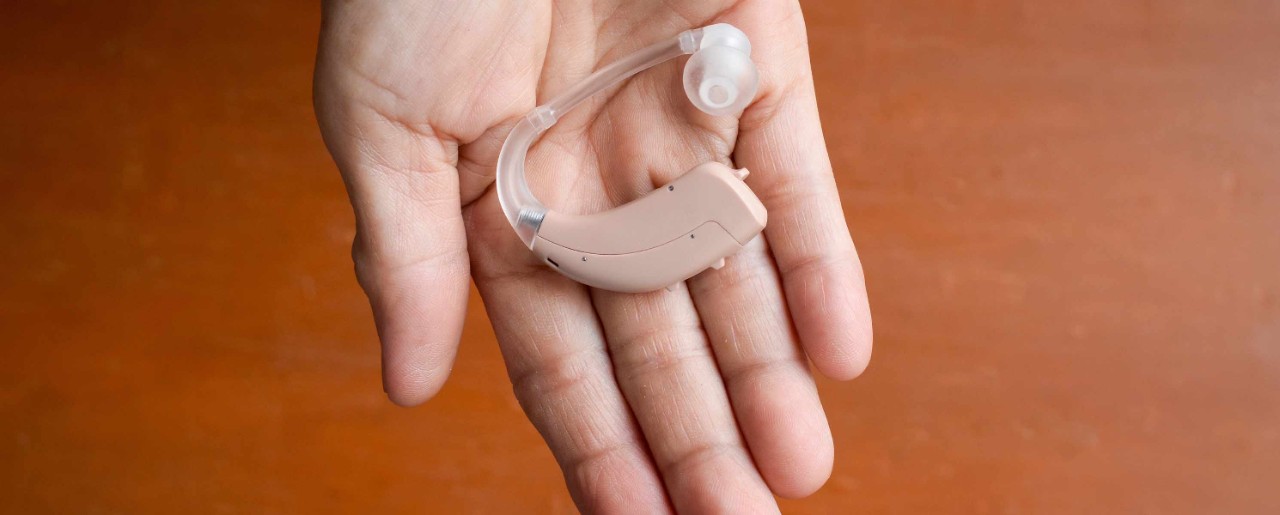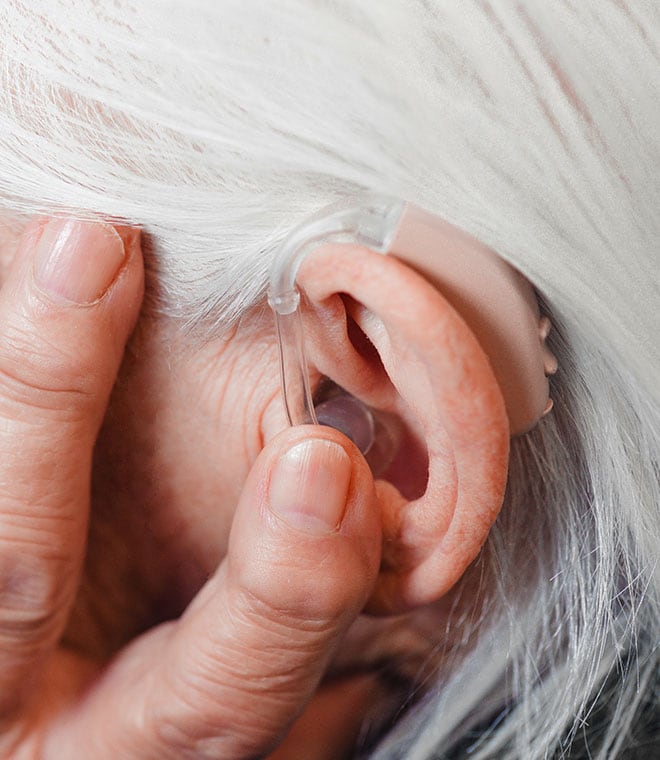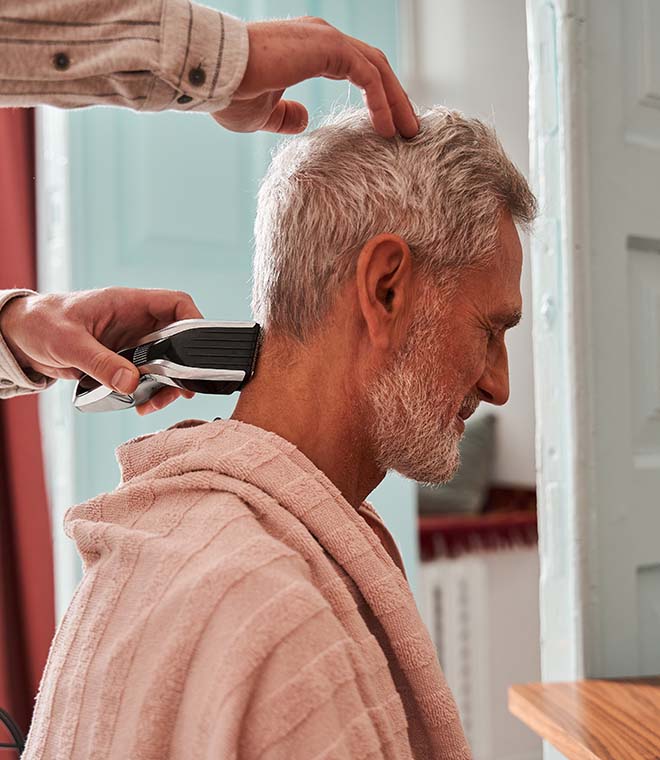Wellness
Hearing aid batteries 101: What you need to know
By Loren Blinde, PhD Mar 09, 2023 • 4 min
If you rely on a hearing aid or care for someone who does, you know that it’s only as good as the battery inside of it. Hearing aids are electronic medical devices designed to collect sound, amplify it, and then direct it into the wearer’s ear. They can enhance day-to-day life for people living with hearing loss — but having the right batteries is essential.
Here are a few tips to help caregivers understand the basics of hearing aid batteries.
What kinds of batteries do hearing aids use?
Based on the type of hearing aid, there are two categories of batteries:
- Rechargeable lithium ion batteries. Rechargeable hearing aids come with a battery charger that plugs into an outlet or USB cable.
- Disposable zinc air batteries. Disposable batteries are discarded after they run out of power. They’re available at Walgreens and other retailers.
What size disposable batteries does my hearing aid need?
How long do hearing aid batteries last?
Several factors determine battery length:
- Battery type and size
- Length of time the hearing aid is used each day
- The level of your hearing loss
- Humidity, temperature and altitude
- The noise level of your environment
A good rule of thumb for average use is three to seven days, with larger batteries potentially lasting up to 10 days (though wireless streaming will further reduce battery length). It’s a good idea to keep a log of when you replace hearing aid batteries. Over time, you may see a pattern that helps you estimate battery life.
How can I get the best performance and longest life possible out of hearing aid batteries?
- Store hearing aids and batteries properly, keeping them in a cool, dry place away from heat and moisture.
- Turn the hearing aids off when your loved one is not using them to conserve the battery.
- Keep the batteries sealed until you’re ready to use them. As soon as the disposable hearing aid battery is exposed to the air, it starts losing power.
- Wash your hands before handling hearing aid batteries to prevent damage from dirt or oil on your hands.
- Consider replacing batteries on a set schedule rather than waiting until they’re drained. Mark a calendar each time a battery dies so you can anticipate when your batteries may die.
- Get a tester for hearing aid batteries so you can check power levels. This can be especially helpful if someone has trouble noticing or can’t communicate when the hearing aids have stopped working.
- If you tend to wait until hearing aid batteries run out of power completely, keep some extra batteries handy when you’re on the go. That way, you can change the batteries as needed so the hearing aid works properly at all times. Be sure to not keep them loose in pockets or purses or where they could come in contact with metal. This can reduce their lifespan.
Check out the selection of hearing aid batteries available at Walgreens.
Published March 2023.
Sources:
- https://www.asha.org/siteassets/ais/ais-support-for-caregivers.pdf
- https://www.hopkinsmedicine.org/health/treatment-tests-and-therapies/frequently-asked-hearing-aid-questions
- https://rayovac.eu/discover/factors-affecting-hearing-aid-battery-life/
- https://www.pathwayswv.org/docs/eGuide_Care_Maintenance_Hearing_Aids.pdf
- https://gavinaudiology.com/blog/guide-to-hearing-aid-batteries
- https://www.nidcd.nih.gov/health/hearing-aids#hearingaid_05




